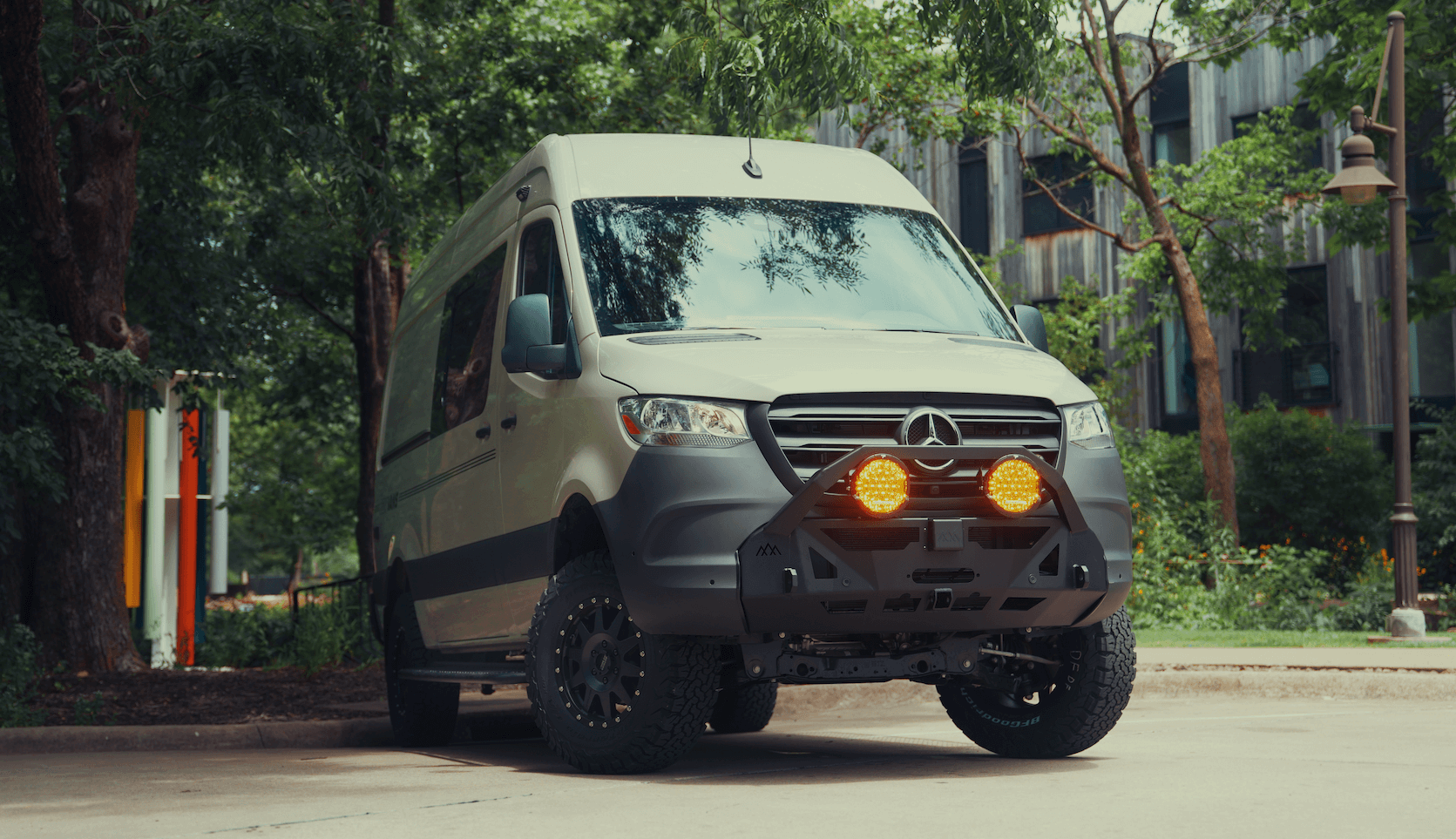Recreational Vans

Minimalist financial independence van life is about compressing the cost of living while expanding your control over time and location. You trade square footage for mobility, complexity for reliability, and monthly bills for lean, predictable operating costs. The aim is not deprivation. It is clarity. Every item earns its keep, every dollar has a job, and every mile you drive aligns with your priorities.
A practical definition includes three pillars. Shelter becomes a vehicle you can maintain, repair, and power off grid. Spending shifts toward high mileage investments such as energy storage, insulation, and ventilation that reduce recurring costs. Income becomes flexible, often a blend of remote work, seasonal projects, or contract roles that accommodate travel rhythms.
Housing is usually the largest expense. Replacing rent with a well sorted van can lower outflows, but only if total ownership costs remain in check. Think in two buckets, acquisition and operations. Acquisition covers purchase price, taxes, registration, and any financing interest. Operations include insurance, fuel, maintenance, connectivity, food, and camping.
A simple baseline helps you compare scenarios:
Two rules keep the math honest. First, measure travel in weeks instead of days. A slower pace cuts fuel burn and campsite churn. Second, track real averages, not best case days. Aim for a monthly target that includes buffer for repairs and seasonal shifts. Many travelers build around a core monthly figure, then adjust routing and speed to keep the average on target over a quarter, not a weekend.
Depreciation and opportunity cost matter too. If you pay cash, you still have an implicit cost of tying up capital. If you finance, you carry interest and risk. The point is to treat the rig like a small business asset. It should lower housing costs enough to offset these factors while returning value in mobility and time.
A sustainable plan keeps money simple and repeatable. Common paths include remote roles in customer success, design, engineering, or marketing. Others pair seasonal work with focused travel in the shoulder months. Freelance and contract work can fit well if you define communication windows and stick to reliable connectivity. Whatever the mix, keep your workload portable and your expectations realistic. Protect deep work time with a set routine, even if your backyard changes.
Minimalist does not mean fragile. Build an emergency fund sized for your rig and route. Carry insurance that reflects the true replacement cost of your build and gear. Maintain redundant systems where failure would strand you, such as two ways to cook, two ways to charge, and a backup plan for internet. Regular maintenance is cheaper than roadside surprises. Schedule it like a bill you must pay.
Some upgrades reduce recurring costs over time. Quality insulation and a roof fan stabilize interior temperatures, which cuts heater or air conditioner runtime. A right sized electrical system lets you cook with efficient appliances and avoid disposable fuels. Water storage plus filtration enables longer boondocking and fewer paid nights. Modular storage prevents duplicate gear and waste. Each choice should have a clear return in comfort, cost, or both.
Start with power, because energy drives everything from cooking to work. A balanced system pairs a lithium battery bank with solar, alternator charging, and a smart charger. Choose an inverter sized to your heaviest continuous load and prioritize efficient 12 volt appliances when possible. The goal is silent power most days with quick recovery when you drive.
Water and climate come next. Keep water simple with clear fill and drain routines, a reliable pump, and filtration to stretch stays on public land. Manage climate with cross ventilation, window coverings, and a fan. In colder seasons, a safe, thermostatic heater preserves batteries and sleep.
Storage is where minimalism shows up daily. Build zones for sleep, cook, work, and gear. Pare down to durable basics you use weekly. Organize by task so setup is quick and teardown is automatic. A tidy van reduces stress, shortens camp days, and keeps you moving on schedule.
Connectivity is a budget line item, so treat it like infrastructure. A reliable cellular plan, a secondary network, and a roof antenna provide redundancy. Plan high data tasks around strong signal days and download offline maps and files before you roll.
Food is a stealth superpower for both health and cost. A compact fridge, simple cookware, and a rotating menu make cooking easy. Batch cook on rest days. Keep a pantry that tolerates bumpy roads and varying temperatures. Small routines reduce food waste and save real money over months.
The simplest van is the one you will actually maintain. Choose components you understand, wiring you can trace, and layouts that match your habits. If you want professional help, work with a shop that treats reliability as a feature, not an afterthought. A well designed build supports financial independence by preventing the small failures that become expensive detours.
If you are considering a professionally designed rig that stays lean and easy to live with, explore our pages for ideas and next steps:
OZK Customs builds practical, off grid vans that stay simple to operate and comfortable to live in. Share your must haves, budget, and timeline. We will translate your priorities into a clear scope, transparent estimate, and a build that supports minimalist financial independence van life. Submit the form to get started.
Ready to live simpler and spend smarter. Share your goals and budget, and OZK Customs will map a streamlined off grid van that fits your lifestyle. Fill out the form to start your custom plan and quote.
ADDRESS:
6159 E Huntsville Rd, Fayetteville, AR 72701
PHONE:
(479) 326-9200
EMAIL:
info@ozkvans.com